113 CD / Summary Vol. I: Bartók Quartet
Description
"Summary", the series, is an attempt to reverse the wunderkind principle. Instead of pandering to the musical world along the lines of "faster, higher, further" by serving up younger and younger artists each year, here we ask the question: "As an artist grows in years and maturity, how does his or her view of musical works alter? Do some criteria become less important which maybe were taken too seriously in earlier years? Have new ones come along?" Volume 1: the Bartók Quartet founded in 1957!
6 reviews for 113 CD / Summary Vol. I: Bartók Quartet
You must be logged in to post a review.
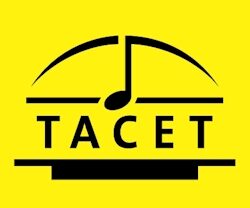
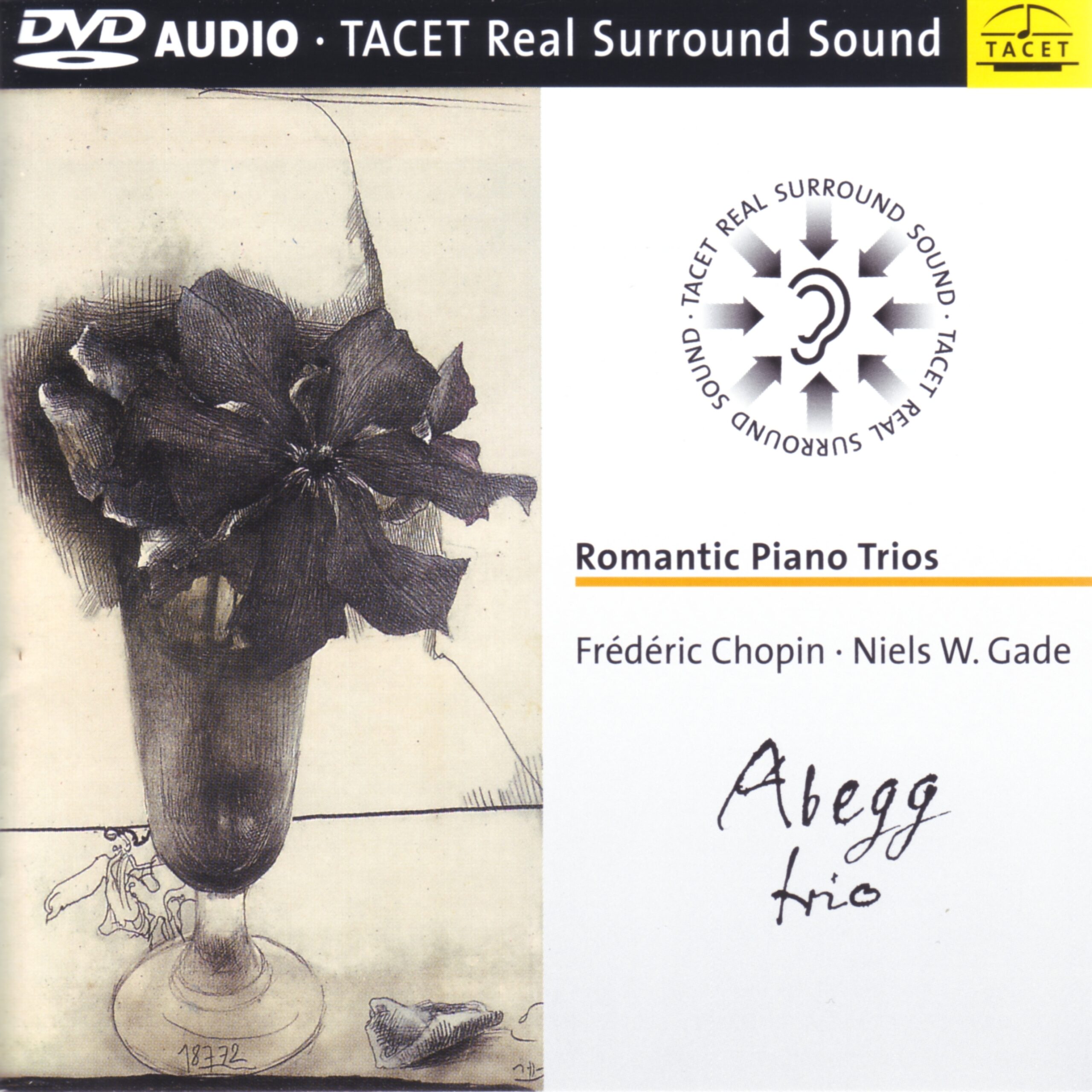
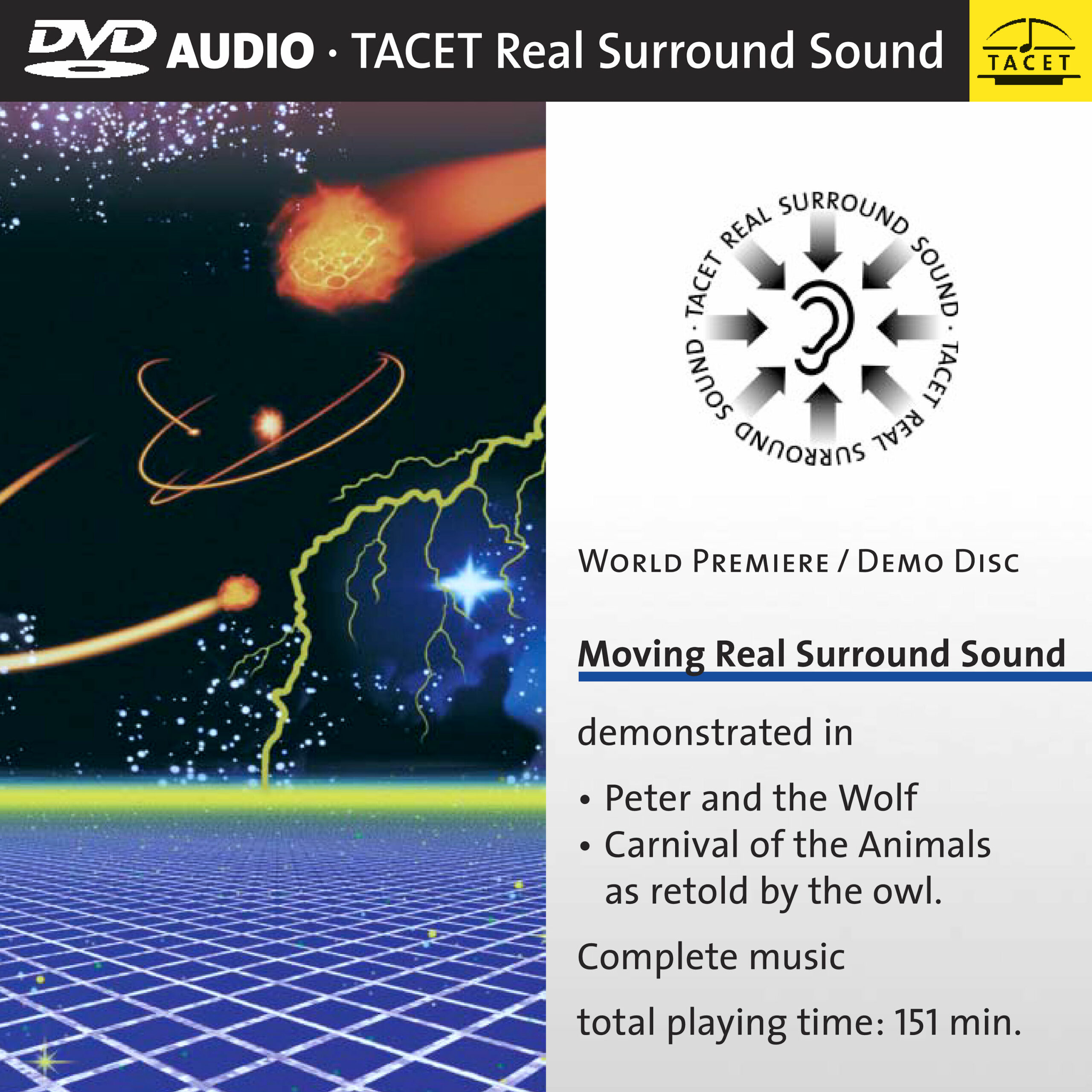
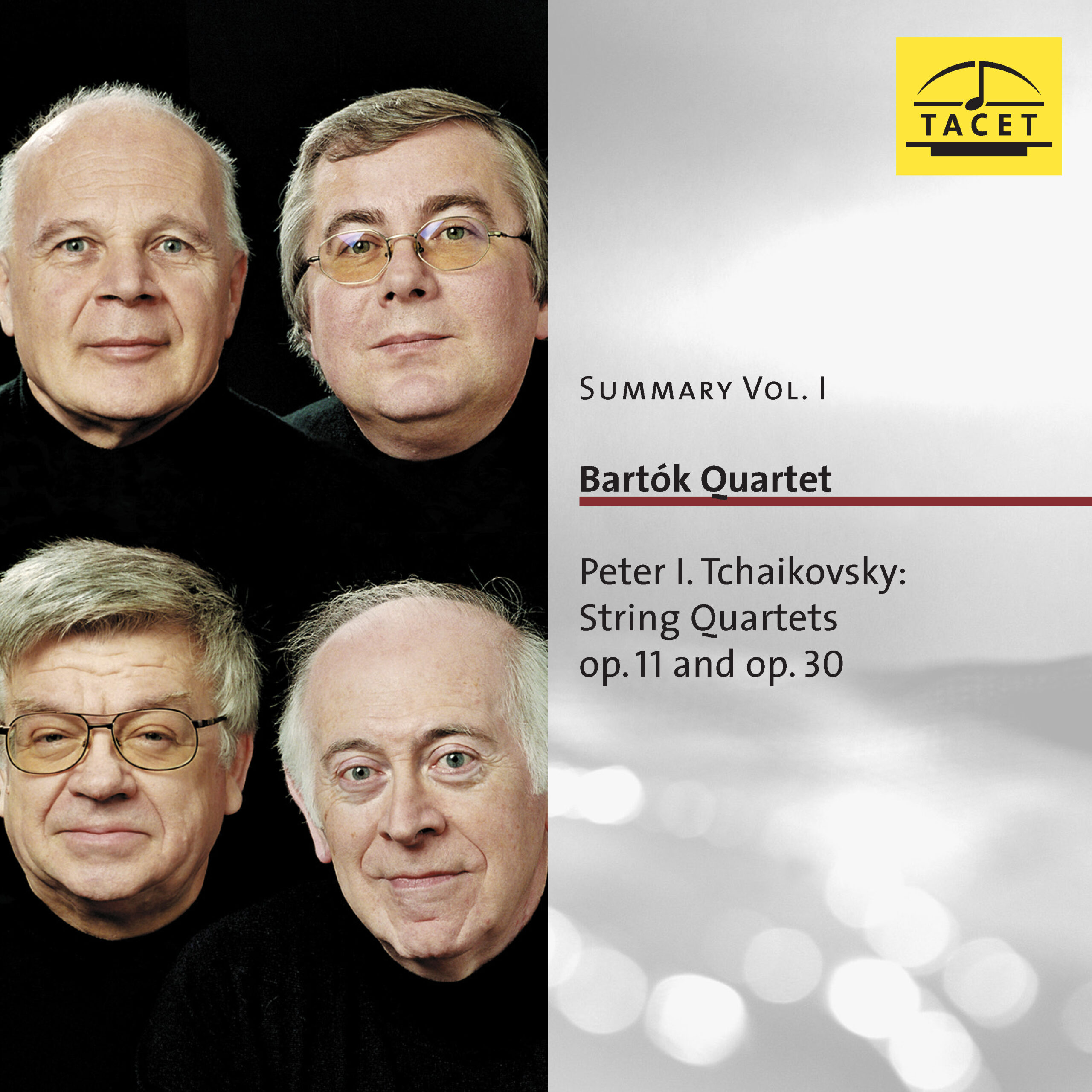
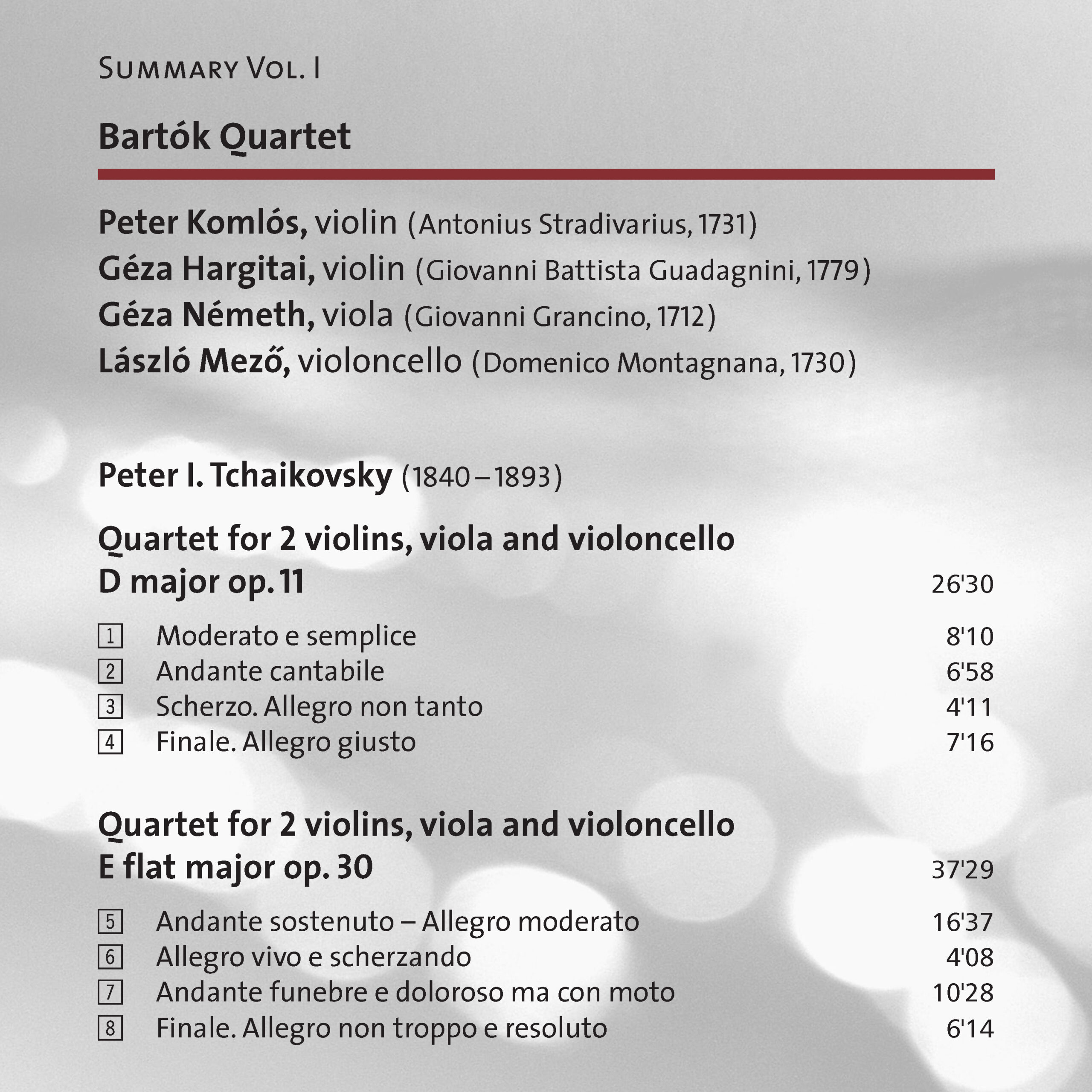

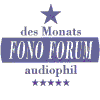
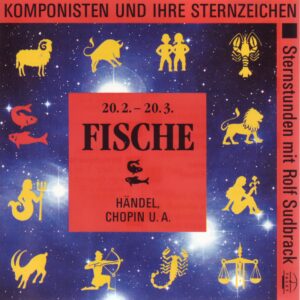
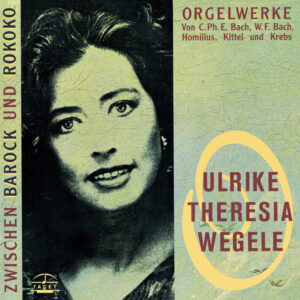
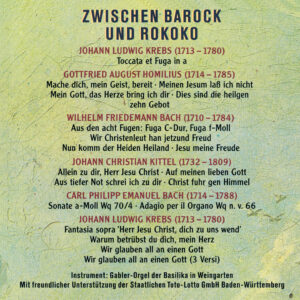
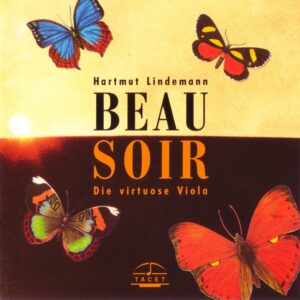
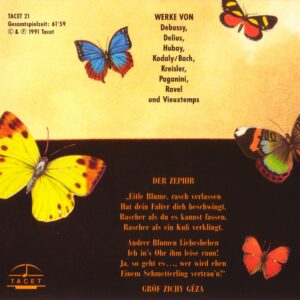
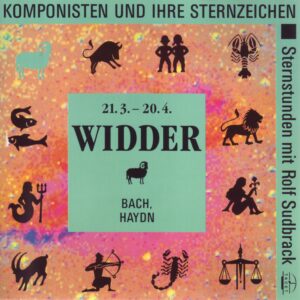
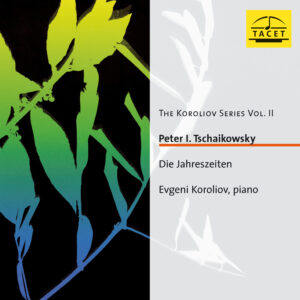
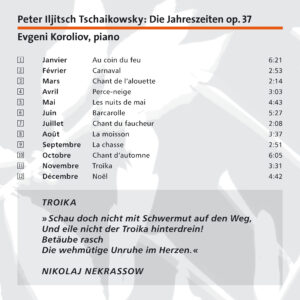
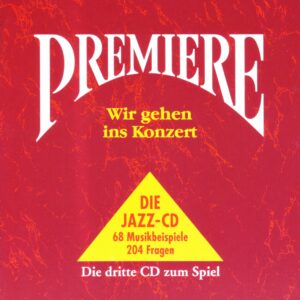
Diapason –
Fifty years ago, the Bartók Quartet was founded in Leo Werner’s class at the Franz Liszt Academy in Budapest, and in 1964 it won the International Competition in Liège. Although this remarkable ensemble underwent some personnel changes, the violist and the first violinist are still the original members today.
Because it long focused on modern and contemporary music, its audience remained limited, except for a complete Beethoven cycle and a very fine Brahms anthology (Hungaroton), both of rare quality but largely unnoticed in France due to poor import availability. The present recording, released in Germany in 2002, was no more fortunate at the time, as it did not reach us either.
The Bartók Quartet’s rich, full-bodied sound unfolds in broad yet never excessive tempos, conveying a profoundly engaged musical discourse. Little concerned with virtuosity (for that, the Borodin Quartet or the recent Brodsky Quartet are more than adequate), these musicians offer a chamber music lesson of exceptional quality, the mature fruit of a curious and demanding path. The perfect balance of voices, as well as the individual instrumental qualities, create—through a superb recording—a truly ideal framework.
Philippe Simon
_____________________________________
Original Review in French language:
Il y a cinquante ans que fut fondé dans la classe de Leo Werner, à l′Académie Franz Liszt de Budapest, le Quatuor Bartok, lauréat en 1964 du concours international de Liège Si cette remarquable formation connut quelques remaniements, l′altiste et le premier violon sont aujourd′hui encore ceux d′origine. Parce que longtemps tournée vers la musique moderne et contemporaine, son public et son audience furent limités jusqu′à l′armée d′une intégrale Beethoven et d′une très belle anthologie Brahms (Hungaroton) d′un rare niveau mais passées toutes deux quasi inaperçues en France pour cause d′import déficient. Elle n′a pas eu beaucoup plus de chance avec le présent disque sorti en 2002 en Allemagne puisqu′il ne nous était pas davantage parvenu à l′époque. La sonorité pleine et charnue du Quatuor Bartok s′épanouit dans des tempos larges sans excès porteurs d′un discours profondément habité. Guère soucieux de virtuosité (pour cela les Borodine ou les récents Brodsky feront admirablement l′affaire), ces musiciens nous délivrent une leçon de musique de chambre d′une rare qualité, fruit mûr d′un parcours curieux et exigeant. Le parfait équilibre des voix autant que les qualités instrumentales individuelles dessinent au travers d′une superbe prise de son un cadre ideal.
Philippe Simon
Fanfare-Magazin –
The Bartók Quartet was formed in 1957 and originally named after first violinist Peter Komlós. It became the Bartók in 1963. To the best of my knowledge, the group remains unchanged in terms of personnel. The four musicians—Peter Komlós, Géza Hargitai, Géza Németh, and László Mezö—are certainly familiar names. Their seniority is pictured on the CD’s front cover. This recording is from 2001.
Such experience is evident throughout this release. The uncomplicated nature of Tchaikovsky’s first quartet is winningly negotiated—easeful and unpretentious. The Andante cantabile has a life of its own—it is most movingly done here, given with the most eloquent curves.
Like its predecessor, the Third Quartet is on a larger scale and equally not often heard. It’s a serious and extensive work, the lineage to classical models unmistakable, which perhaps aspires to depth more than actually achieving it. This performance can’t be faulted: The Bartók gives a beautifully considered account where expression and instrumental balance are uppermost considerations. It’s a CD to keep by one’s side in order to try and find more in the music—especially as Tchaikovsky is a great favorite.
Turn to the Borodin Quartet on Chandos CHAN 9871, two CDs of undated material, for Tchaikovsky’s three quartets, "Souvenir de Florence," and a movement in B♭. These are marvelous renditions, too. I don’t find any more in the third quartet from this illustrious group—except something more Russian in attack, more volatility, with darker earth expression. That may be enough to swing the balance to the Russians. I do like the Bartók’s simple trust in the music, though.
I’ll keep reading the booklet note. I think collectors of oddball annotation will find it worthy of attention. The English runs to four-and-a-half pages. I didn’t read one reference to Tchaikovsky let alone the quartets themselves. For the music and the Bartók’s championing of it, Volume 2 is much looked forward to.
Colin Anderson
Rondo. Das Klassik & Jazz Magazin –
The freshly christened new Tacet series Summary attempts to reverse the “wonder child” principle, explains sound engineer and producer Andreas Spreer regarding his company’s new undertaking, which has always given its artists the greatest possible freedom. Less poetically put, it means: Give age a chance! The sum (summary) of one’s experience is allowed to speak, whereas the meteoric brilliance (and often just as rapid fading) tends to satisfy the quick-press and quick-dollar culture. Transposed into a broader worldview, it could be phrased: transience versus annual ring.
Episode 1 is devoted to the Hungarian Bartók Quartet, proudly reported in the booklet as having been founded as early as 1957. Indeed, the elder musicians reveal themselves by presenting, for example, the famous Andante cantabile from the first quartet, Op. 11, with a touch of old-fashioned flair (shifts in position and fingering), while at the same time remaining pleasantly unsentimental, treating these traditional shifts as a matter of routine. Very enjoyable!
When the heat of the musical battle rises, execution is never as slick as with some American ensembles, but it is always thoughtful and expressive – experienced, if you will. The Andante sostenuto that opens the first movement of the Third Quartet, Op. 30, could be imagined technically more perfect, but not more expressive. And what matters more? Here one might also consider the “breathing technique” of such a string quartet: on the one hand, the more or less audible sighs, the entrance signals of the first violinist or the current melodic leader; on the other hand, the ensemble’s collective breath within the work – both inseparable, both revealing the quality of a string quartet, the maturity of their interplay, the attunement of four individual musicians to one another. Listening to this Andante sostenuto, one grasps what Summary means: what counts here as quite ordinary success would elsewhere be considered a milestone, not easily repeatable. Long live experience!
Thomas Rübenacker
Fono Forum –
Günter Wand once demonstrated it in his orchestral work, Eric Ericson showed it just as impressively in the field of choral conducting, and now the Bartók Quartet proves it in the realm of chamber music: the sense for the right tempo relationships is evidently also (in part) a matter of age.
The four members of this celebrated ensemble, founded in 1957, take their time – plenty of time, in fact – to savor the numerous melodic riches of Tchaikovsky’s works. As in the Andante cantabile of his first quartet, where every phrase ending is tenderly sung and every note lovingly caressed by the beautifully sounding instruments. Yet the interpretation never collapses into mere beauty or fragments into its individual components. On the contrary: subtle delays before important entries, such as the start of the secondary theme (whose shaping can serve as a model of organic rubato) or the recapitulation in the first movement of the same work, make the formal structure all the more apparent. At the same time, the mature but never routine performance of the four Hungarians glows with a warm, expressive radiance, giving these compositions – often underestimated here – an unexpected emotional depth.
The touching, inspired manner of playing in this delightful recording effortlessly carries one over the noticeable intonation and rhythmic flaws, in my view. A more successful start for Tacet’s deliberately retrospective Summary series could hardly be imagined.
Marcus Stäbler
image hifi –
Under the title Summary, Tacet is launching a series of recordings featuring older artists. It was high time someone broke through the pervasive motto “younger, prettier, better to photograph”! The Bartók Quartet was founded in 1957 and has performed in its current lineup since 1985 – the first violinist and violist form the “historical backbone” as original members. The Hungarians, equipped with fantastic Italian instruments, have recorded Tchaikovsky’s Op. 11 and Op. 30 – producing a wonderfully homogeneous, almost orchestral sound, whose sensuality modern ensembles, in pursuit of an exaggeratedly extreme expression, often deny themselves. Perhaps age for performers also means being able to leave certain postures behind, because there is nothing left to prove: here you hear no glaring perfectionism. Instead, it is making music with a humane grace that arises from decades of listening to one another, as the musicians draw what may well be the definitive summation of their Tchaikovsky interpretation for the recording market. Two Neumann M 49 microphones bear witness to the first-class sound quality.
hg
Fono Forum –
My personal records of the year 2002: The Tchaikovsky String Quartets Op. 11 and 30 with the Bartók Quartet, because Andreas Spreer so successfully defies the prevailing youth cult with this first installment of his Summary series.
Jörg Hillebrand